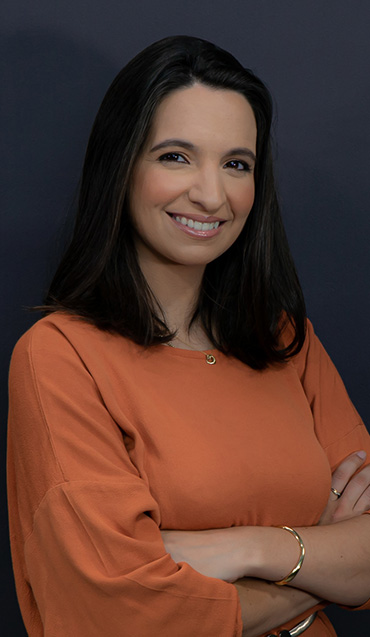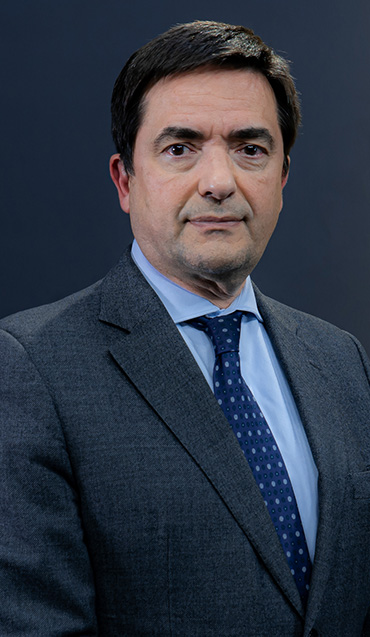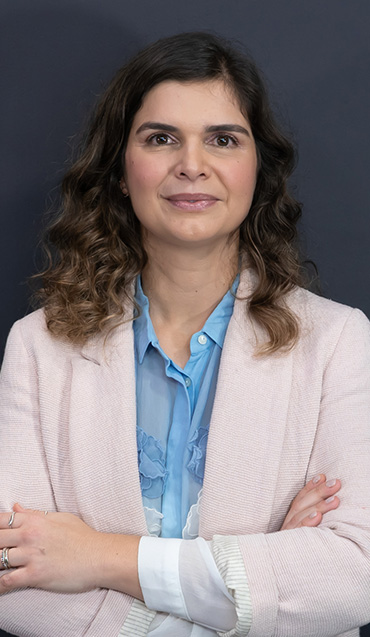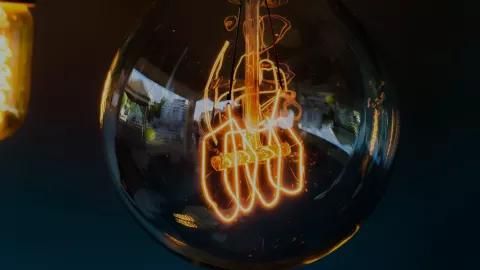Episode 2: Circular Economy
In this second episode, three experts explain, over 45 minutes, what the Circular Economy is, what its 5 R's of sustainability are and how we can change our consumption habits to protect the planet - is plastic our number one enemy?
Meet our experts

Catarina Barreiros
Founder & CEO of Do Zero
Catarina Barreiros
Founder & CEO of Do Zero
Graduated with a major in Architecture and with a master's degree in Management, she was a fashion stylist and worked in Digital Marketing, in a luxury product company, and in a pharmaceutical company. The documentary Cowspiracy and a conference on Zero Waste generated the first concerns with sustainability. She created the blog Do Zero and today seeks to live with the minimal ecological footprint possible.

Paulo Ferrão
IN+ and COST President
Paulo Ferrão
IN+ and COST President
Graduated in Mechanical Engineering, in Instituto Superior Técnico, where he is now a full Professor. He was president of the Foundation for Science and Technology and director of the MIT-Portugal program. He has been President of IN + and, since 2019, President of COST, a European association that aims to promote and finance science and technology networks.

Ana Júlia Pinto
Project manager in the area of Climate and Environment at EDP
Ana Júlia Pinto
Project manager in the area of Climate and Environment at EDP
Degree in Territory Engineering, in Instituto Superior Técnico, and PhD in Urbanism, in the University of Barcelona. A researcher at IST for 10 years, she has been working at EDP for 6 years, where she is now a project manager in the area of Climate and Environment, of the sustainability Directorate. She specialized in sustainable mobility and circular economy.
EDP is implementing a Circular Economy strategy, which aims to reduce waste and pollution by reusing and recovering waste.
Maria and Kiko Vargas met in Australia. From the other side of the world, they brought the environmental awareness that they now apply in their daily lives. Their ethical concern about what they ate led them to vegetarianism and extended to other areas, such as the need for local and sustainable consumption, the reduction of food waste and constant reuse and recycling. Do you accept the challenge?

